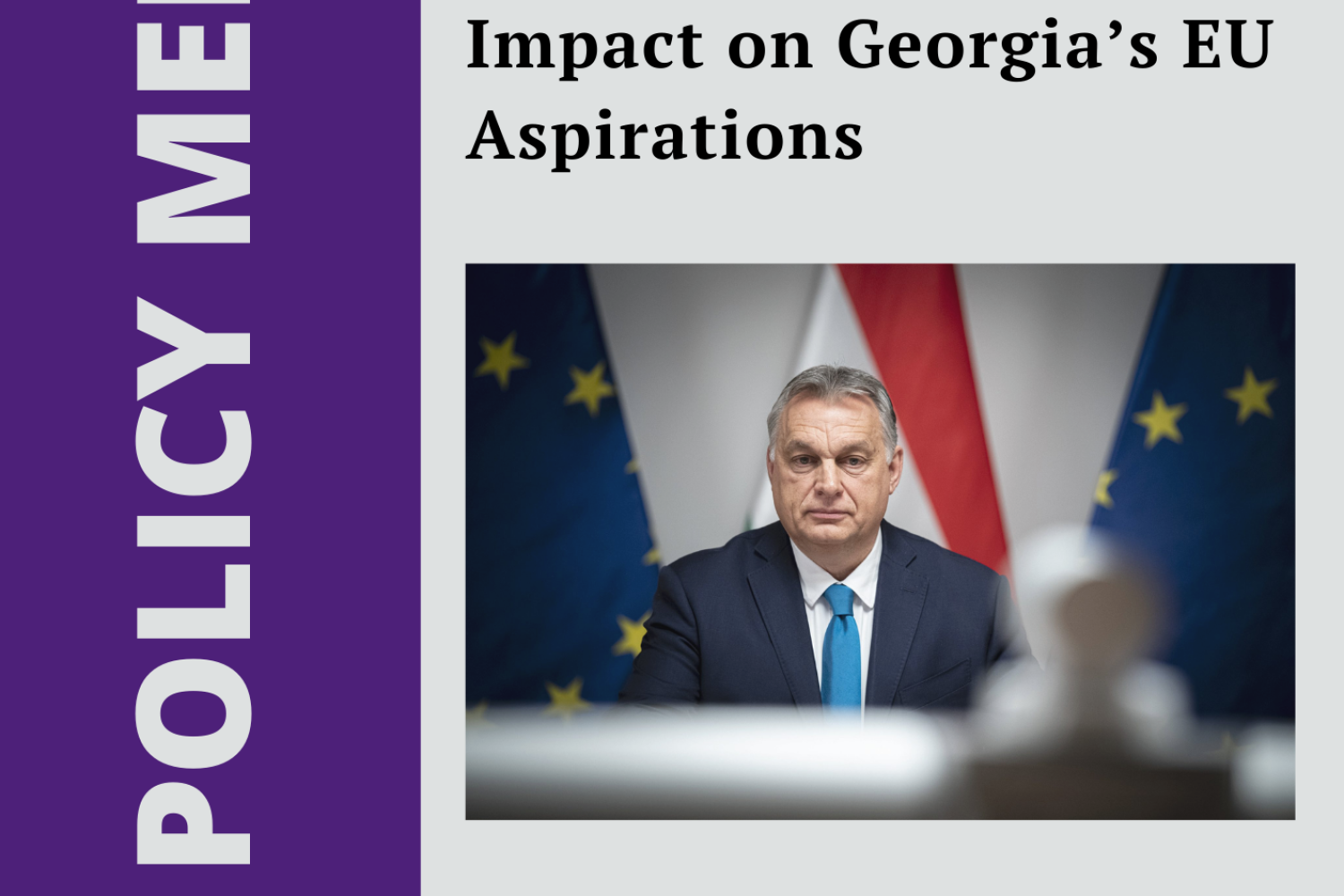2024-10-08 13:46:43
Author
Eliska Vinklerova
A new right-wing faction in the European Parliament (EP) has emerged, the Patriots for Europe, spearheaded by Hungarian Prime Minister Viktor Orbán and grounded in considerable Euroscepticism (DW 2024). Notably, the members’ views on EU enlargement vary significantly due to the protest nature of the faction, which first and foremost targets domestic electoral dissonance within the EU and issues such as immigration and the Green Deal. Subsequently, the faction contains members openly supporting Eastern Partnership enlargement and those with more pro-Russian views criticising cooperation and aid to the EU’s eastern partners.
While some members have supported Georgia’s EU candidacy and condemned the ruling Georgian Dream party, others have refrained from criticising the party while opposing Georgia’s EU membership. Hungary’s deepening ties with Georgia are important for Georgia’s EU ambitions because Orbán has positioned himself as Georgia’s most prominent advocate. The Patriots and Hungary’s platform within it could offer Georgia a way back into the graces of the EU without addressing its democratic backsliding. However, Hungary’s authoritarianism and increasing isolation within the EU suggest that its advocacy is an Orbán strategy to construct an illiberal bloc within the EU.
It is crucial to untangle the inconsistencies to see how the now-strongest right-wing faction in the EP will impact Georgia’s enlargement prospects. At first glance, internal discord within the Patriots indicates lack of a united foreign policy stance. However, Hungary’s key role within the faction, both as a founding member and a country with the second most EP members (MEPs) within the Patriots, makes this a potentially significant issue.
Policy Memo #74 | October 2024
This publication has been produced under the REUNIR Project. REUNIR project has received funding from the European Union’s Horizon Europe research and innovation programme under Grant Agreement nº 101132446. Views and opinions expressed are however those of the author(s) only and do not necessarily reflect those of the European Union or the European Research Executive Agency. Neither the European Union nor the granting authority can be held responsible for them.



